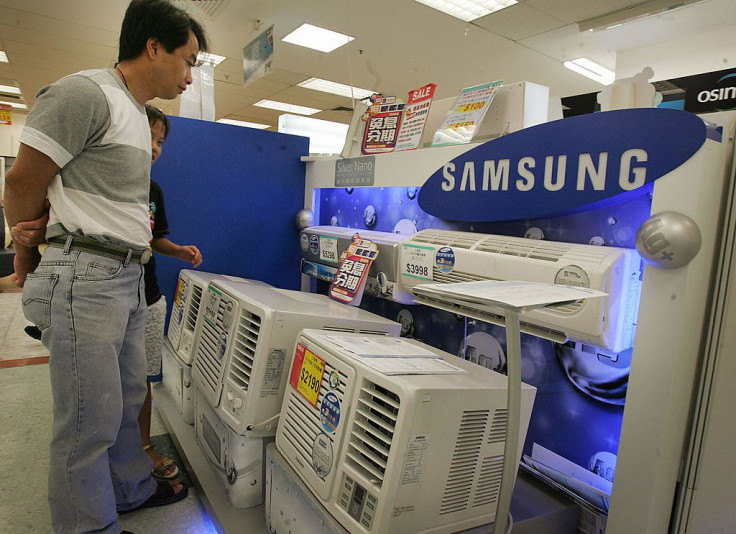Air Conditioning Use In Living Spaces: Boon Or Bane?

If you get car sick, you can lay much of the blame on the car’s air conditioning. In this case, it’s not the cold air emitted by the AC that’s to blame. It’s that the sealed environment inside a car that confuses your eyes and brain. This leads to dizziness, or car sickness. What follows is the all too predictable vomiting you can’t control.
But can the air conditioner in a home, an office or any other place make you sick? Some people swear they can.
“I can’t explain how many times I’ve gotten sick over the summer b/c of overzealous AC in offices,” one person tweeted.
This isn’t an isolated incident, according to a surprising new medical study. In fact, it’s a lot more common than you think. Ever heard of SBS?
Occupants of air-conditioned office buildings report more symptoms of ill health than those who work in buildings with natural ventilation, according to a study published in the International Journal of Epidemiology.
“A large body of research has found that occupants of offices with air conditioning tend to report more sick building syndrome (SBS) symptoms than occupants of naturally ventilated offices,” said William Fisk, leader of Lawrence Berkeley National Laboratory’s Indoor Environment Group.
“SBS symptoms are self-reported symptoms mostly of eye, nose or throat irritation and respiratory symptoms such as cough.”
Fisk said these symptoms are “possibly due to the moisture from AC units, which expose people to additional toxins, allergens or irritants.” Overexposure to moisture leaves AC systems open to tiny pollutants.
Dr. Wassim Labaki, a professor of internal medicine and pulmonologist at Michigan Medicine, said air conditioning systems are susceptible to collect infectious organisms and allergens such as dust mites. Because of this, the proper maintenance of these systems (including regular filter change) is vital to preventing the circulation of unhealthy air.

Air conditioning systems also have psychological effects on people. Productivity peaks in comfortable temperatures, and not in sweltering heat or shivering cold. This is especially true for women.
“A considerable body of research indicates that human performance in office-like work is maximized when temperatures are maintained at about 71 (degrees Fahrenheit) plus or minus a degree or two,” said Fisk. “AC can help us maintain such temperatures, but other technologies can also help.”
The use of air conditioning was also found to lower the risk of hospitalization and deaths related to cardiovascular issues.



























